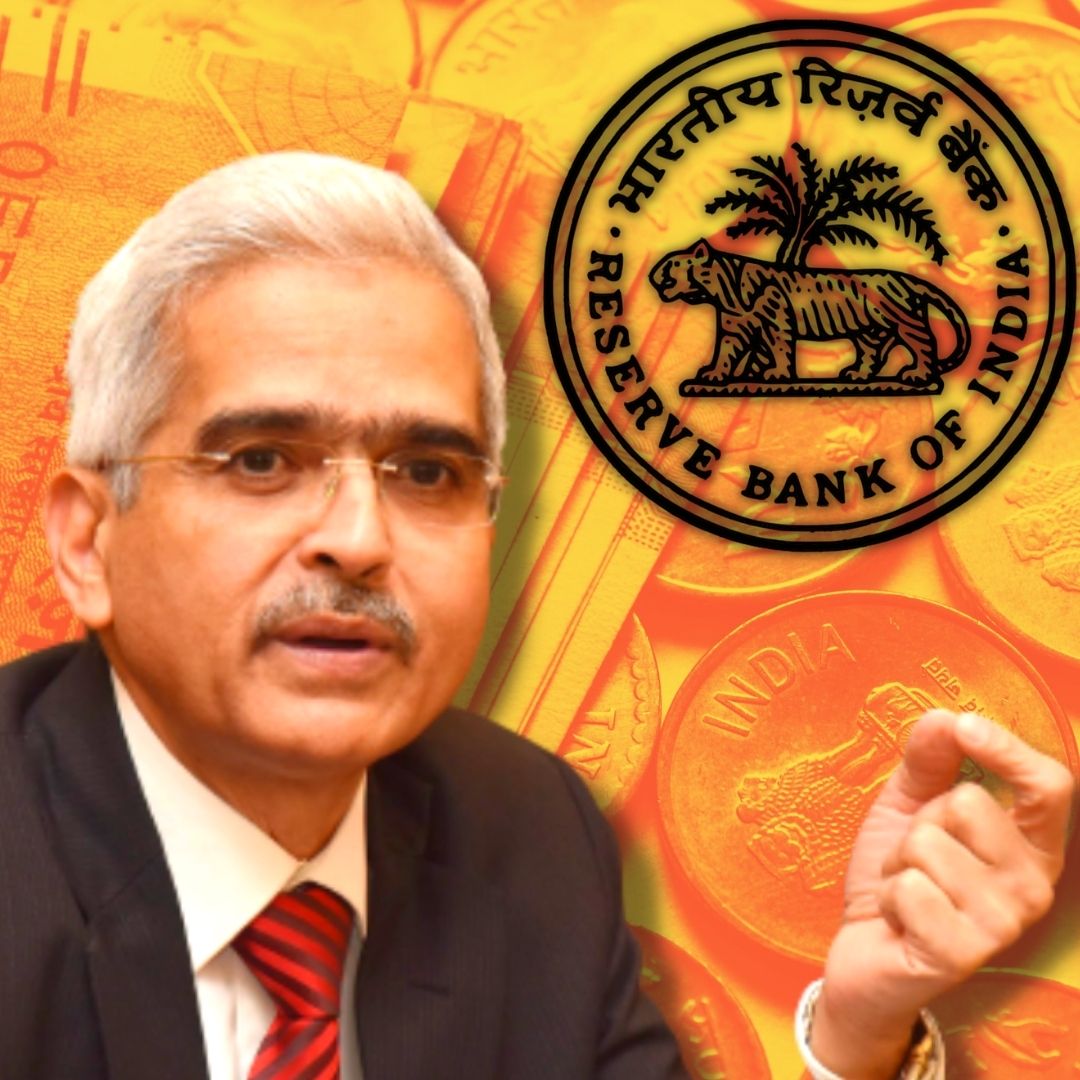Indian Govt Assists Central Bank To Circumvent Inflation Law: Report
Writer: Snehadri Sarkar
While he is a massive sports fanatic, his interest also lies in mainstream news and nitpicking trending and less talked about everyday issues.
India, 5 April 2022 5:36 AM GMT
Editor : Ankita Singh |
A literature lover who likes delving deeper into a wide range of societal issues and expresses her opinions about the same. Keeps looking for best-read recommendations while enjoying her coffee and tea.
Creatives : Snehadri Sarkar
While he is a massive sports fanatic, his interest also lies in mainstream news and nitpicking trending and less talked about everyday issues.
After PM Modi placed India under one of the world's strictest lockdowns during 2020 to curb the outspread of the novel virus, inflation went up on the back of supply shocks.
The government of India decided not to apply the law when the nation's central bank breached the 2020 inflation target, records accessed by The Reporters' Collective (TRC) and Al Jazeera via the Right to Information Act revealed. Under Governor Shaktikanta Das, the Reserve Bank of India (RBI) could not keep inflation within the lawfully mandated limit of 6 per cent for the three successive quarters between January and September 2020.
Under Indian law, if the RBI does not meet the inflation goals, it must write to the Centre within a month, giving reasons behind it and coming up with a plan to bring prices back in sequence. This type of transparency is needed to prevent citizens and businesses from losing faith in the government's ability to rein in inflation and RBI.
However, with finance minister Nirmala Sitharaman's approval, the Ministry of Finance gave the central bank a pass, documents show.
Furthermore, it indicated that the official inflation numbers for the specific period had been analysed under conditions of a pandemic-induced lockdown. Hence, they were not reliable enough to set the interest rate; the ministry informed the RBI.
However, these statistics also showed that it is endorsed at all levels of the Indian government and statistical agencies and used by the government for all other economic assessments.
Lockdown & COVID
After Indian Prime Minister Narendra Modi placed the country under one of the world's strictest COVID lockdowns during 2020 to curb the outspread of the novel virus, inflation went up on the back of supply shocks. In the process, the central bank had missed its inflation target; as a result, a first since an independent monetary policy committee (MPC) under the Reserve Bank of India governor was set up in 2016. The MPC was entrusted with keeping the inflation status in check by setting the interest rates at which it lends money to banks.
Under this law, the RBI must keep the consumer price inflation at 4 per cent; however, it has some wiggle room with lower and upper limits of 6 per cent and 2 per cent. If inflation infringements happen, this band is legally considered RBI's "failure" for three consecutive quarters. Lower interest rates result in more money in the economy, leading to inflationary pressures.
Also Read: Know About BRAC- World's Largest NGO That Impacted & Transformed Bangladesh Forever
 All section
All section















